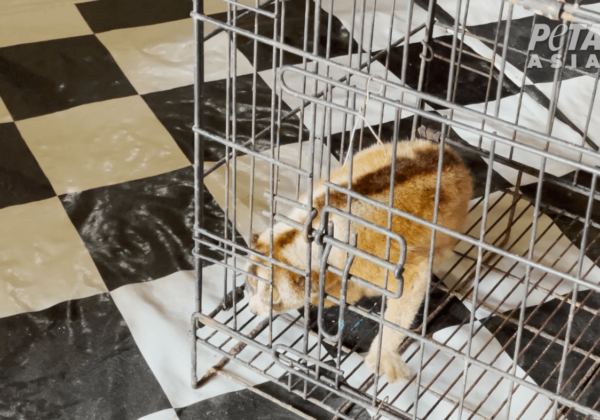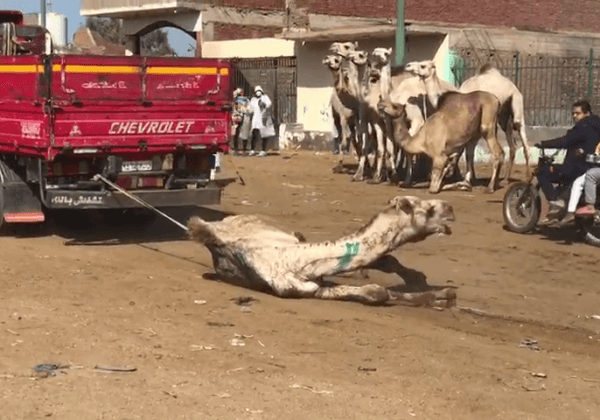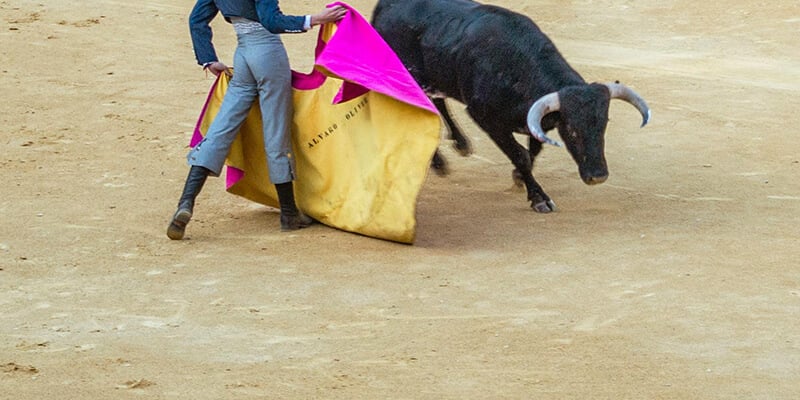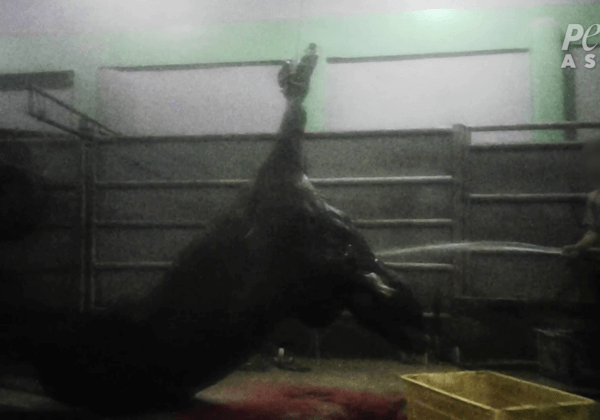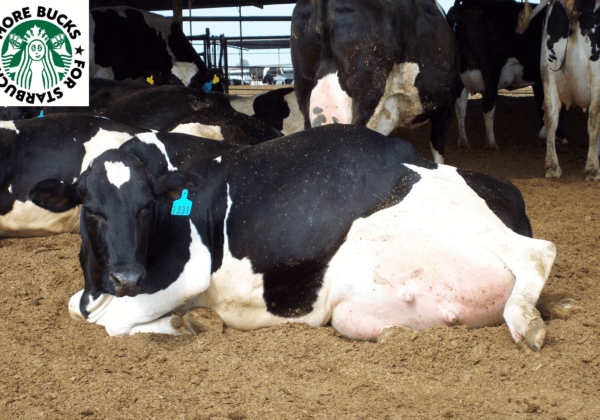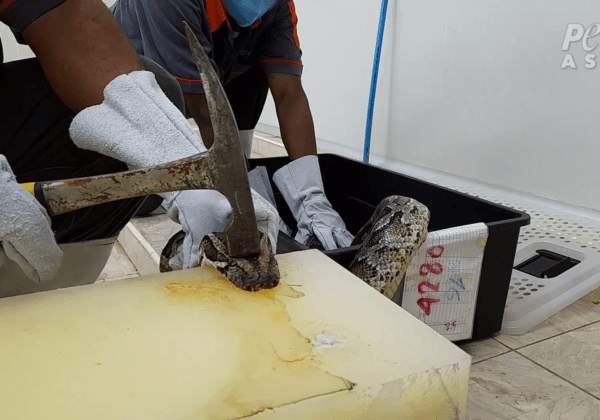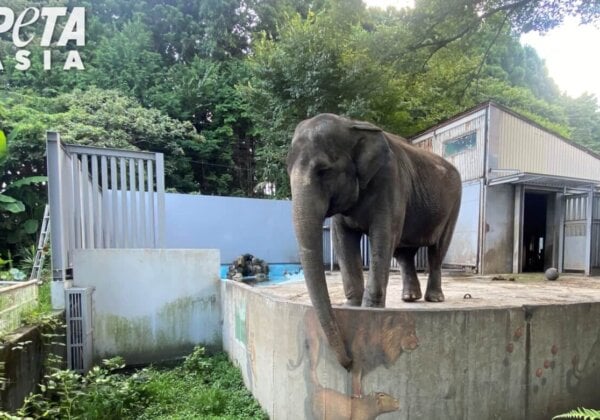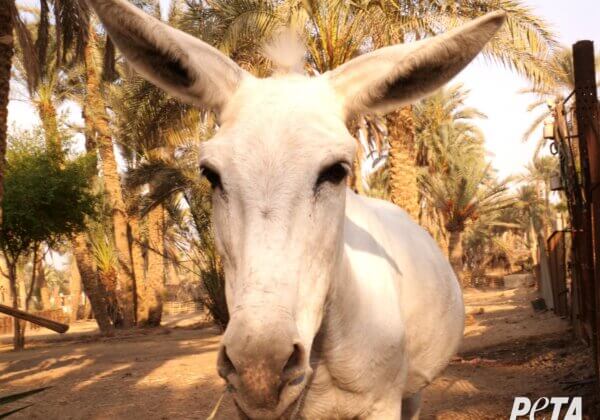Appalling Animal Attractions: Indonesia’s Notorious Bird Markets
Three major wildlife markets—Barito, Jatinegara, and Pramuka—located in the nation’s capital, Jakarta, are considered to be among the largest, if not the largest, in Southeast Asia.
Hundreds of thousands of birds of various species are crammed into wire and bamboo cages in the scorching heat, malnourished, and left to suffer as vendors try to sell them cheaply to spectators. Buyers can purchase birds from across Indonesia as well as Asia and Africa.
All photos featured in this post were taken at Yogyakarta’s bird market in Indonesia.




According to a report by researchers for TRAFFIC, the prices for the birds range from 43 cents for a scaly-breasted munia to more than $4,200 for a scarlet macaw. Pigeons sold at these markets are often bought for pigeon races, while ravens are used for black magic.
According to a 2011 study by researchers at Oxford University, a third of households in the six biggest cities of Java and Bali cage birds and often improperly care for them, leaving them bored, lonely, and a long way from their natural homes.
No bird was born to live in a cage.
Many people buy birds, not knowing of the cruelty that they will be inflicting on them and often underestimating the care that a bird needs. In the wild, birds would never leave their flock, but pet birds rarely ever have the opportunity even to see another bird for their entire lifetimes. Pet birds are often kept in cramped cages, where they are unable even to stretch their wings and never know the joy of flying or the happiness of freedom.
Birds in cages crave freedom and companionship and often exhibit aggressive, neurotic, and self-destructive behavior as they languish in cramped cages. Because of this seemingly bad behavior caused by their torturous conditions, people often condemn them to living in dark corners, in basements, or on balconies, all the while locked inside cages.
Unsurprisingly, at this market, they’re not the only ones who are held captive. The market also offers the usual animals sold in the pet trade, including dogs, cats, rabbits, guinea pigs, and mice, along with exotic animals, such as baby monkeys, snakes, iguanas, and owls. Endangered animals are also sold here illegally. All these animals are also locked up in small, barren cages, suffering from stress and malnourishment. We’ve had reports from witnesses who have seen dead animals swept away with the dust and trash lying on the ground.

Kopi luwak coffee is made from the beans of coffee berries that have been eaten and excreted by civets.




What You Can Do to Help
Sadly, some guide books, such as the Lonely Planet guide book, support the bird markets in Indonesia by encouraging travelers to visit these “attractions.” Instead, let common sense guide you on your travels. If you do not want to support cruelty to animals or feel saddened by the treatment of animals who have to spend every day in this heartless market, please do not visit the bird markets or any other animal parks or attractions. If you know people travelling to Indonesia, share this post with them and encourage them to avoid these cruel “attractions.” Animals are not ours for entertainment, and they are not ours to exploit.

